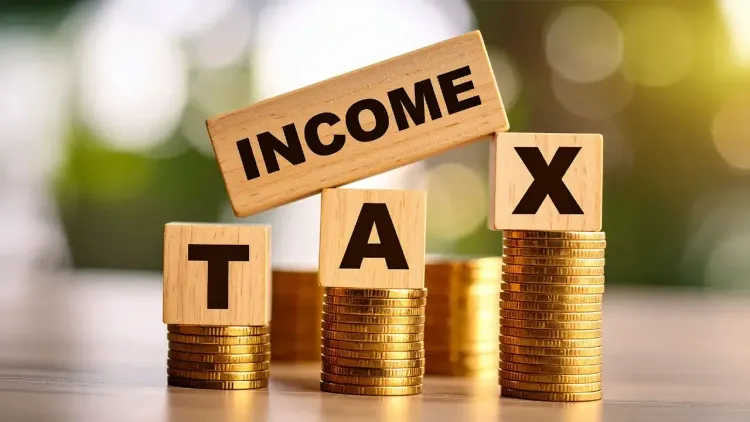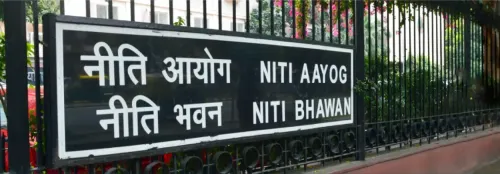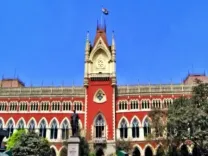Can taxpayers claim tax rebate under Section 87A on short-term capital gains?

Synopsis
Key Takeaways
- Tax rebate under Section 87A is not applicable for short-term capital gains.
- Taxpayers must clear dues by December 31, 2025.
- Interest will be waived if taxes are paid on time.
- Short-term capital gains are taxed at 15% for FY 2023-24, increasing to 20% for FY 2024-25.
- Amendments to tax returns were allowed after a court directive.
New Delhi, Sep 23 (NationPress) The Central Board of Direct Taxes (CBDT) has reiterated that taxpayers are ineligible for a tax rebate under Section 87A on earnings subjected to special tax rates, such as short-term capital gains (STCG). In the financial year 2023-24, numerous taxpayers attempted to obtain a rebate on their short-term capital gains; however, the Income Tax department rejected these claims and issued demands for the outstanding taxes.
The department has mandated that these taxpayers settle their dues by December 31, 2025. This directive also extends to instances where the rebate was erroneously granted previously.
In its circular dated September 19, the CBDT noted that many returns were processed inaccurately, resulting in rebates being allowed on incomes liable for special tax rates. These errors are now being rectified, and new demands are being generated. The circular cautioned that any delay in payment may incur interest as per Section 220(2) of the Income Tax Act.
To alleviate taxpayer difficulties, the tax department has proposed a concession by agreeing to waive the interest if the outstanding taxes are settled before December 31, 2025.
Since July 2024, the income tax authority has been denying rebate applications under Section 87A for taxpayers earning below Rs 7 lakh when short-term capital gains were included.
For FY 2023-24, these gains were taxed at 15 percent, but this rate will rise to 20 percent for FY 2024-25.
The rebate cap for FY 2023-24 was Rs 5 lakh under the old scheme and Rs 7 lakh under the new scheme. While this provision effectively reduced tax liabilities to zero, it was not designed to cover income subjected to special rates like STCG.
This matter was escalated to the Bombay High Court, which in December 2024 instructed the Income Tax department to permit taxpayers to amend their returns.
A 15-day window in January 2025 was established for such revisions; however, many taxpayers subsequently received notifications demanding payment of their overdue taxes.
Ultimately, the Union Budget 2025 clarified that incomes subject to special rates, including STCG under Section 111A, will not qualify for a rebate under Section 87A from FY 2025-26 onwards.









